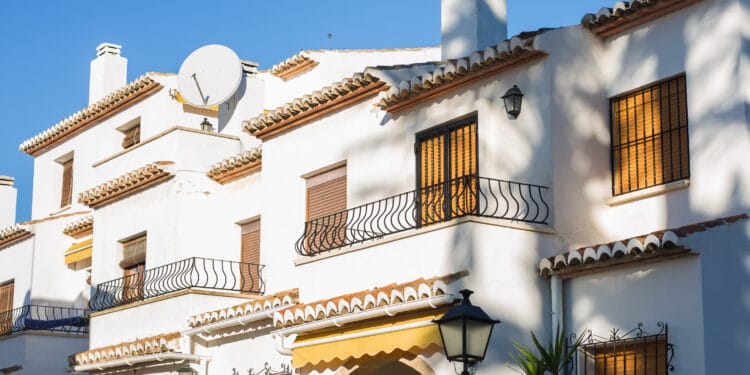Thousands of holiday rentals across Spain have just been pulled offline, and it’s not a glitch, it’s a serious move to tackle a growing housing crisis in some of the country’s most popular travel destinations.
Booking.com, one of the biggest names in travel, has removed over 4,000 illegal listings, most of them in the Canary Islands. These sunny islands are no strangers to tourism, but after hitting a record-breaking 1.55 million international visitors in March 2025, the pressure on local housing is becoming impossible to ignore.
🚨 Why the Sudden Action?
This crackdown didn’t come out of nowhere. After weeks of nationwide protests, Spain’s Ministry of Consumer Affairs turned up the heat on platforms like Booking.com and Airbnb. Locals, especially in places like Tenerife and Lanzarote, are calling for help as rising tourist demand pushes rental prices sky-high, making it harder and harder for residents to afford a place to live.
The 4,093 listings that Booking.com removed were either:
-
Missing a valid registration or license number, or
-
Failed to show who was managing the property (an individual or a company).
That kind of transparency is required by Spanish law for short-term rentals, and for good reason: without it, officials can’t track or regulate the booming market.
🧑💼 What Officials Are Saying
Spain’s Consumer Affairs Minister, Pablo Bustinduy, welcomed the move, calling it a “positive step” toward easing housing shortages in popular tourist zones.
But this is just part of a larger effort. Just a few days earlier, Spain’s High Court ordered Airbnb to take down over 65,000 listings that also failed to meet legal requirements. The message is clear: if you’re offering short-term rentals in Spain, you need to play by the rules.
Bustinduy has also pointed out that there’s a direct link between the rise in short-term lets and soaring rents, especially in places that depend heavily on tourism.
📍 Not Just the Canaries
While the Canary Islands are taking centre stage, the issue is nationwide. Booking.com has also pulled down illegal listings in other regions, including Asturias, Cantabria, Castilla y León, La Rioja, Navarra, and Castilla-La Mancha.
🏡 What’s Next?
For visitors, this might mean fewer rental options in the short term. But for the locals trying to stay in their own neighbourhoods? It’s a breath of fresh air. Spain is clearly trying to strike a balance, welcoming visitors, while also protecting the people who call these beautiful places home.
















